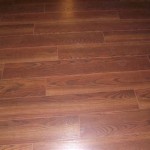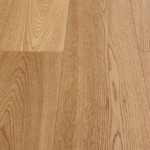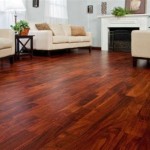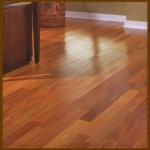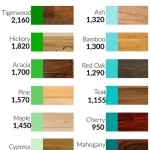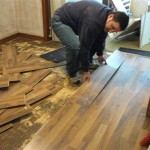PVC Vinyl Flooring Tiles: A Comprehensive Guide to Essential Aspects
Polyvinyl chloride (PVC) vinyl flooring tiles have become increasingly popular for residential and commercial applications due to their versatility, durability, and cost-effectiveness. Understanding the essential aspects of these tiles is crucial for making informed choices and maximizing their benefits.
Material Composition and Construction
PVC vinyl flooring tiles are primarily composed of polyvinyl chloride, a synthetic polymer known for its strength and flexibility. These tiles typically consist of several layers, including a backing layer, a core layer, and a surface layer. The backing layer provides stability and moisture resistance, while the core layer determines the thickness and durability of the tile. The surface layer, which can be textured or smooth, provides aesthetic appeal and wear resistance.
Types of PVC Vinyl Flooring Tiles
PVC vinyl flooring tiles come in various types, each with unique characteristics and applications:
- Luxury Vinyl Tiles (LVT): Mimic the look and feel of natural materials like wood, stone, or ceramic, offering a realistic and stylish flooring option.
- Vinyl Composition Tiles (VCT): Durable and affordable tiles often used in commercial settings, available in a wide range of colors and patterns.
- Sheet Vinyl: Comes in large sheets that can be cut to fit the room, providing a seamless and waterproof surface ideal for bathrooms and kitchens.
Installation Methods
PVC vinyl flooring tiles can be installed using different methods, depending on the type of tile and the subfloor:
- Loose-Lay: Tiles are simply laid on the subfloor without the need for adhesives or underlayment.
- Glue-Down: Tiles are adhered to the subfloor using a special adhesive, providing a more permanent and secure installation.
- Click-Lock: Tiles have interlocking edges that snap together, creating a floating floor that can be installed over most existing floorings.
Benefits of PVC Vinyl Flooring Tiles
PVC vinyl flooring tiles offer a range of advantages:
- Durability: Highly resistant to wear, stains, and water, making them suitable for high-traffic areas.
- Water Resistance: Ideal for areas prone to moisture, such as bathrooms, kitchens, and basements.
- Cost-Effective: Typically more affordable than other flooring options, such as hardwood or ceramic tile.
- Easy Maintenance: Requires minimal cleaning and maintenance, making it convenient for busy lifestyles.
- Variety of Styles: Available in a wide array of colors, patterns, and textures to complement any decor.
Considerations for Use
When considering PVC vinyl flooring tiles, keep the following in mind:
- Some tiles may contain phthalates: These chemicals can be harmful to health, so opt for phthalate-free options whenever possible.
- Can be slippery when wet: Use non-slip mats or choose tiles with textured surfaces in areas prone to moisture.
- Can be prone to expansion and contraction: Allow for proper expansion gaps and follow manufacturer guidelines to prevent buckling.

Lotus Vinyl Pvc Flooring Linoleum Tile Floors Floor Covering 25tl

Beja Vinyl Pvc Flooring Retro Tile Floor Diy 7tv

Marrakech Vinyl Pvc Flooring Retro Azulejos Decor Floor Decoration 18tl

Modern Vinyl Floor Tiles L Stick Marble Printed Pvc Flooring Clearhalo

Orangery Vinyl Pvc Flooring Scandinavian Tile Floors Floor Covering 31tl

Bond Vinyl Pvc Flooring Tiles Pattern Azulejos Floor Decor Diy 14tl

Art3d L And Stick Vinyl Floor Tiles 30 Pack 12 X Inch Self Adhesive Waterproof Flooring Wood Planks For Kitchen Dining Room Bedrooms Cover Sq Ft Pale Com

Deluxe Pvc Vinyl Floor Tile Suitable For Flooring In Public Places China Whole From Elegant Home Tech Co Ltd Globalsources Com

Vinyl Floor Tiles Market Opportunity Assessment Key Vendor Ysis Forecast By 2030

Wave Vinyl Pvc Flooring Modern Nursery Old Style Diy 15r
Related Posts

